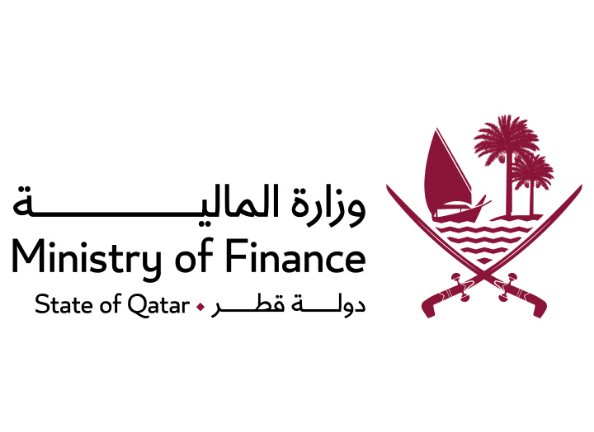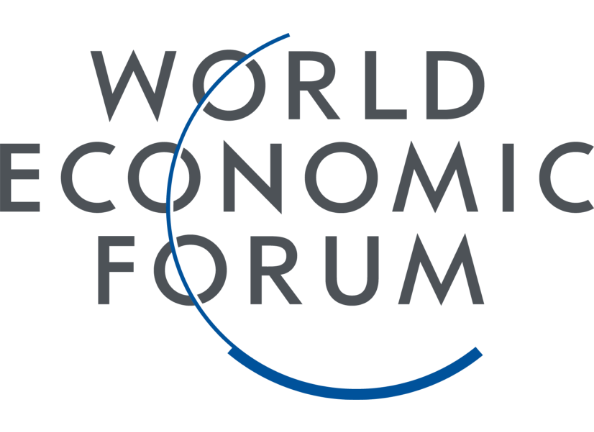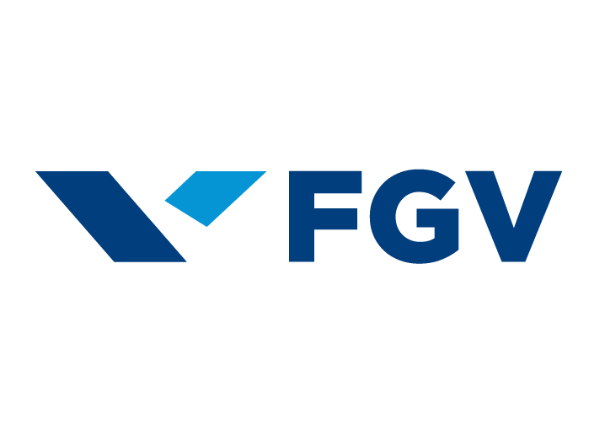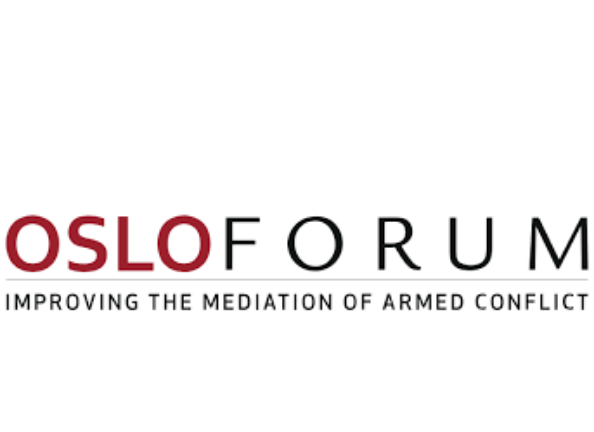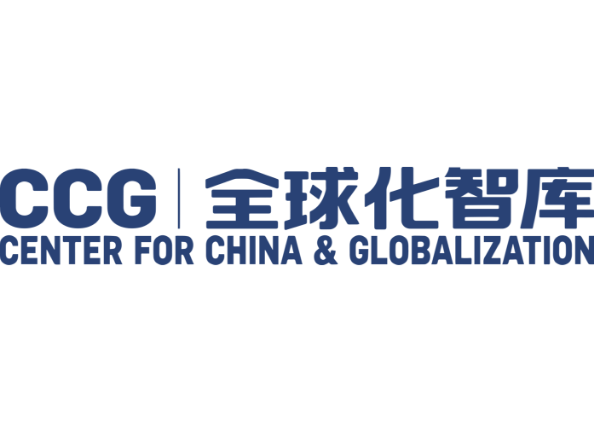Doha Forum 2024
Opening Ceremony
Program Location: Al Dafna
Program Start: 07 December 2024, 09:00 - 10:50
Conflict Resolution in a New Era
Program Location: Al Dafna
Program Start: 07 December 2024, 10:50 - 11:30
With conflicts spreading around the world, there is a growing need for mediation. This panel will explore how peace efforts can adapt to the complex realities of today’s geopolitical landscape. As some traditional mediators recalibrate their roles, we will ask how shifting dynamics impact the prospects for conflict resolution and highlight the need for innovative strategies that go beyond conventional methods. Our panel will look at the increasing importance of engaging non-state actors, leveraging multilateral frameworks, and working within international legal standards to build lasting peace. Ultimately, we will ask what traditional methods still work, what new approaches are needed, and how the global community can better support mediators to deliver sustainable paths to peace in an interconnected and volatile world.
The Innovation Imperative: Governing Technology for Global Development
Program Location: Al Maha Tent
Program Start: 07 December 2024, 11:45 - 13:15
What institutions and practices – globally, regionally, and nationally – are required to harness technology’s full potential for the benefit of all of humanity? Drawing on the findings and policy recommendations from the second edition of the Future of International Cooperation (FIC’24), this proposed expert roundtable, hosted in partnership with Global Institute for Strategic Research, will give special consideration to how technology and its governance can best advance and safeguard fundamental development goals, including the 2030 Agenda for Sustainable Development and the agenda now under preparation for the Second World Summit on Social Development planned for 2025. Specifically, this session will examine both the risks and promise of technology governance innovations for global development in the AI/cyber-tech, biotech, and green-tech spaces. Bringing together seasoned policymakers, policy researchers, and policy advocates, the session will seek to aspire Doha Forum participants on the state-of-the-art, in terms of both thinking and practice for using technology as a force for good rather than ill.
In partnership with: Stimson Center
Innovative Solutions to Common Health Challenges in the Global South (invitation only)
Program Start: 07 December 2024, 11:45 - 13:15
The first convening of the Doha Global South Health Policy Initiative was held in February 2024 and gathered representatives from nine Global South countries, international experts, and representatives of Qatari stakeholders. Participants discussed the challenges and solutions for enhanced access to primary healthcare services in the Global South and agreed on pilot projects to address the identified issues. During this roundtable, several participants will reconvene to discuss progress for the pilot project and next steps.
In partnership with: Gates Foundation
Competitiveness in the Era of Intelligent Economies
Program Location: Al Dafna
Program Start: 07 December 2024, 11:50 - 12:30
As the world rallies out of the pandemic and a global economic slowdown, frontier technologies such as artificial intelligence are promising to unlock $18.8 trillion in economic value by 2030 by boosting productivity, efficiency, and innovation. How can we navigate this transformation to accelerate sustainable growth while mitigating the attendant risks?
In partnership with: Ministry of Finance and World Economic Forum
Uniting for Change: A Global Alliance Against Hunger and Poverty
Program Location: Salwa 2
Program Start: 07 December 2024, 12:00 - 12:45
The Global Alliance against Poverty and Hunger, launched at the G-20 summit in Rio de Janeiro with initial commitment from more than 80 countries and 60 institutions, is an urgent initiative that seeks to address the root causes of poverty and hunger through coordinated global action.
In a world where millions still suffer from food insecurity and economic deprivation, this alliance will leverage the resources, expertise, and influence of the G-20 nations and beyond to create sustainable, long-term solutions. By fostering partnerships with governments, NGOs, and private sectors, the alliance aims to implement innovative strategies that promote food security, economic empowerment, and social equity. This panel will explore the critical role of the alliance in mobilizing global efforts, assessing needs, and driving transformative change. Participants will discuss how the alliance can set new standards for global cooperation in the fight against poverty and hunger.
In partnership with: Fundação Getulio Vargas
At Times of War: Preserving Space for Mediation (invitation only)
Program Start: 07 December 2024, 12:00 - 12:50
As global peace and security face an extraordinary crisis, marked by heightened geopolitical tensions and the proliferation of violent conflicts, mediation has never been more vital—or more vulnerable. The ongoing Gaza war has spread across the wider region, reshaping the politics of the Middle East.
With few mediation actors remaining capable of making a meaningful impact, this session brings together Qatar's Minister of State and Norway's Foreign Minister to host leading mediators in addressing the pressing challenges that threaten impactful mediation. The discussion will draw on the experience of distinguished participants, reflecting on the current state of mediation and how to continue the pursuit of peace in the bleakest times. A key focus will be on how to preserve space for mediation amid escalating conflicts and shrinking diplomatic opportunities.
In partnership with: Oslo Forum
Toward Stability in Lebanon
Program Location: Al Rayyan
Program Start: 07 December 2024, 12:00 - 12:45
First Lady of Türkiye, H.E. Emine Erdoğan Remarks: United for Peace in Palestine
Program Location: Salwa 1
Program Start: 07 December 2024, 12:00 - 12:10
China’s Role in a Rising Global South: Redefining the Future World Order
Program Location: Salwa 3
Program Start: 07 December 2024, 12:00 - 12:45
The rise of China and its deepening ties with the global South have catalyzed a reimagining of international relations. With BRICS expansion as a key driver, this session explores how China’s economic and political leadership is influencing alliances, transforming global trade networks, and challenging the dominance of traditional Western-led institutions in a multipolar world. Leaders from across the globe will look at critical questions shaping this transformation. How does China’s growing influence in the global South impact the balance of power in international governance, and what opportunities and challenges does BRICS expansion bring for emerging economies? Panelists will also examine how traditional institutions are adapting to these shifts and discuss the role smaller nations can play in a multipolar world dominated by new power blocs. The session will highlight how South-South diplomacy can foster inclusive growth and equitable representation in the evolving structures of global governance.
In partnership with: Center for China and Globalization
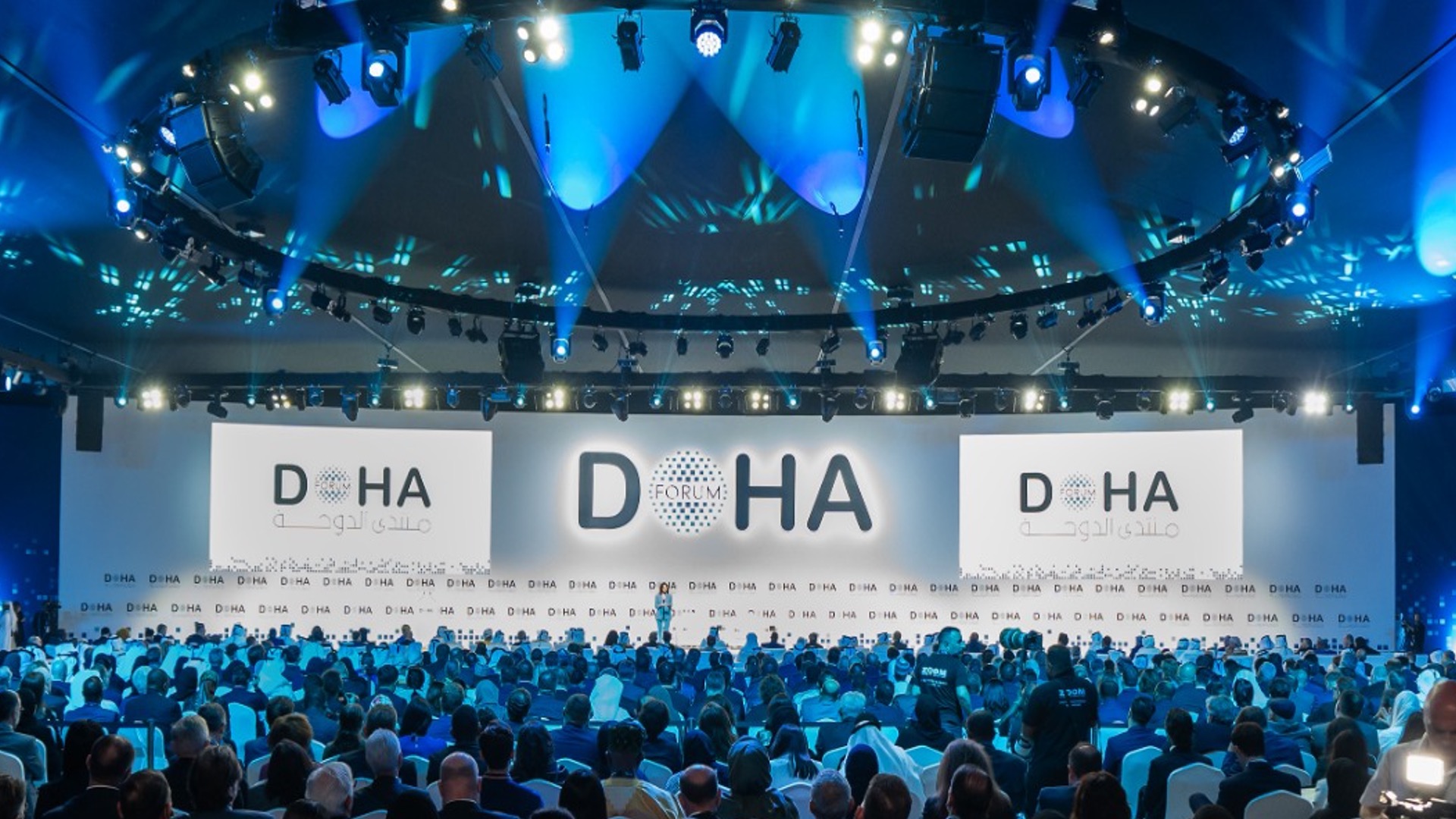
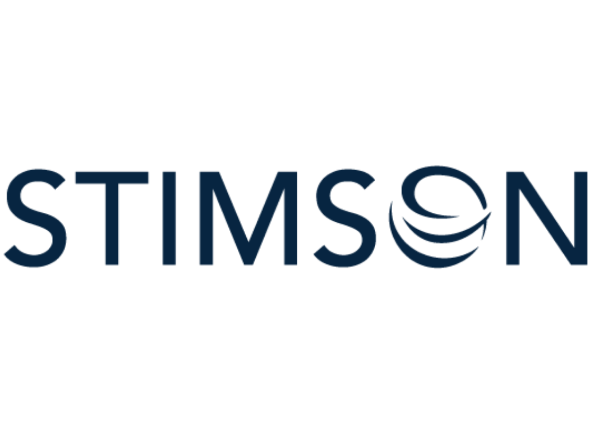
.png?sfvrsn=e182a3da_1)
